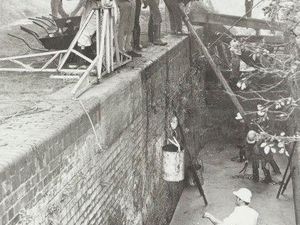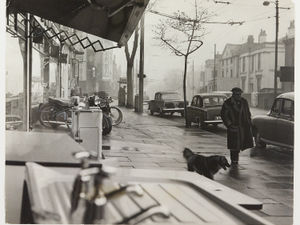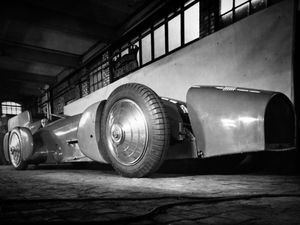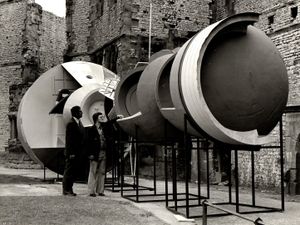Titanic disaster - a look back at the West Midlands in the 1910s
Mark Andrews takes a look back through the decades to mark the Express & Star’s 150th birthday. Today, the 1910s’.
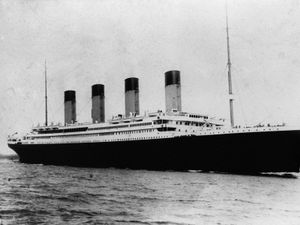
He must have been bursting with pride. The boy from the Black Country was about to entertain some of the world’s movers and shakers, the rich and the famous, aboard the ship everybody was talking about.
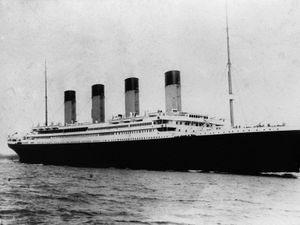
John Wesley Woodward had been chosen to play the cello on the maiden voyage of RMS Titanic. He was literally the poster boy for the trip of a lifetime, his picture adorning the promotional material for the first outing of the ship everyone was talking about.
The largest and most technically modern ship in the world, Titanic blazed a trail for British industry and technology. The vast liner included a gymnasium, swimming pool, smoking rooms, fine restaurants and cafes, a Victorian-style Turkish bath, and hundreds of opulent cabins. A high-powered radiotelegraph transmitter kept passengers in touch with the outside world, and advanced safety features, such as watertight compartments and remotely activated watertight doors, led to claims that the vessel was 'unsinkable'. Maybe it was this hubris which played a role in the inadequate supply of lifeboats aboard the ship.
Tragically, the Titanic's maiden voyage would be its last, and Woodward was part of the orchestra that went down with the ship, playing Nearer my God to Thee.
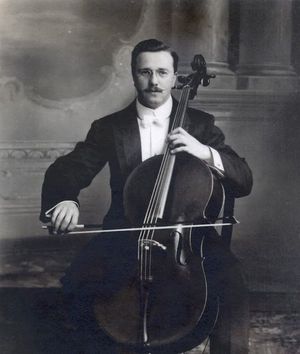
On April 14, 1912, the ship that was supposedly unsinkable, sank. The flagship of the White Star Line left Southampton docks on April 10 to cheers of euphoria, stopping at Cherbourg and Queenstown in Ireland, before heading west towards New York.About 375 miles south of Newfoundland, the ship struck an iceberg, ripping a hole in five of the 16 watertight cells – the ship was designed to withstand damage to four of them. Of the estimated 2,224 passengers and crew aboard, more than 1,500 died, making it one of the worst shipping disasters of all time.While the Titanic was built in Belfast by Harland & Wolff, the giant 15-and-a-half ton anchor had been made by Noah Hingley and Sons, in Netherton, Dudley. The sight of dozens of horses pulling the huge iron casting along the two-mile route to Dudley railway station made for a spectacle that would become part of Black Country folklore.
Birmingham-based A Price & Co had been awarded the prestigious contract to supply cutlery for the first-class dining rooms.
John Wesley Woodward, usually known by his second name, was born on September 11, 1879, the son of Joseph Woodward, an iron moulder and manager of a holloware factory in West Bromwich, and his wife Martha. The youngest of nine children, he lived in Hawkes Lane in the Hill Top area of the town.
His father died aged 49 in 1884 and the family remained in West Bromwich until his brother Thomas secured work as a professional singer and lay clerk at Magdalen College, Oxford, later moving the rest of the family with him.Wesley became well known as both a solo performer and in a number of string quartets.

